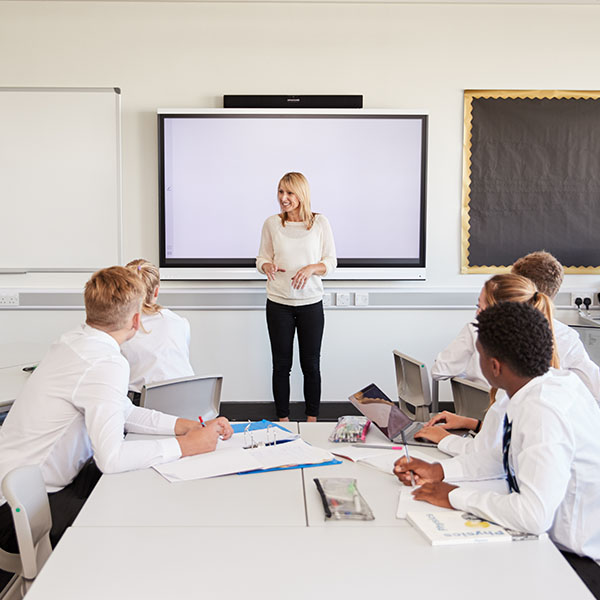Lockdown has broadly affected students in two key ways.
Firstly, it disrupted their learning. Some students will have been affected more than others, we know that most students are falling behind to some extent.
And secondly, it put them under emotional strain. This has been due to many having to stay at home, not being able to see friends, and having to deal with a lot of change and uncertainty.
Even now, a month after schools reopened, we still face the question of how to help students recover from these difficulties. At InnerDrive, we believe that the best practices we used prior to lockdown are even more important now. When it comes to helping students with their learning and with their emotions, metacognition can be key.
What is Metacognition?
Let’s just briefly recap on what metacognition actually is. Metacognition is the ability to be aware of, critically analyse, and monitor the way we think. For students, this means being able to:
- Analyse how they think
- Have high self-awareness and control of their thoughts
- Choose appropriate and helpful strategies to help them complete their tasks
So, let’s take a look at how metacognition can help get students back on track…
How metacognition can help students catch up post-lockdown
Boosting their learning
Research suggests that metacognition is one of the most effective and cost-efficient ways to help students advance their learning. There is strong evidence to show that students who are taught metacognitive skills effectively tend to make better progress than students who are not, being an estimated 7 months ahead in their learning.
So, building metacognitive skills to enhance their learning may help students to regain some of the progress that was lost in lockdown. Students can do this through:
- Setting goals for what they want to achieve, to focus their learning;
- Preparing themselves for a task by asking themselves what they need to do, how they can prepare, and how they will monitor their progress;
- Asking themselves questions about what they’re learning, which will make them engage deeply with the information (and be more likely to remember it);
- Asking themselves what their strengths and weaknesses are, in order to identify gaps in their knowledge and overcome them;
- Evaluating their performance and asking for feedback so they learn how to improve.
Managing their emotions
As well as helping students to regulate learning-related thoughts, metacognition can also help them regulate their emotions and feelings. This will be important in helping them to re-build their resilience and emotional stability after the trials and tribulations of lockdown. Metacognition:
- Helps them to notice and challenge unhelpful thoughts and ANTS (Automatic Negative Thoughts);
- Helps them deal with any learning-related stresses (such as exams - or lack thereof, in the current situation)
- Encourages better communication with others, to re-immerse students into positive social interactions.
FINAL THOUGHTS
The last year has been a tough time for students. Many may feel they have not been able to perform to their best abilities, and their well-being is likely to have suffered too. But, at InnerDrive, we are positive that if students can harness the power of metacognition, they can overcome any learning losses and emotional difficulties, and be well on their way to achieving their full potential again.
For more on how students can actually improve their metacognition, have a read of our blog on 8 ways to develop metacognitive skills, or our guide on how to improve metacognition in the classroom.







